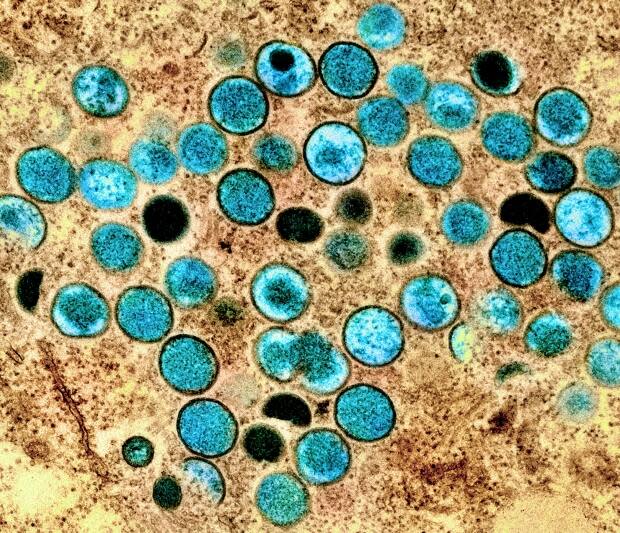3 tick-borne diseases, mpox added to list of notifiable diseases, illnesses in N.S.

Nova Scotia is adding four diseases — three related to tick bites — to the list of illnesses and conditions that health-care professionals and lab staff must report to Public Health upon observation.
The tick-borne diseases anaplasmosis, babesiosis and Powassan virus, along with mpox, are being added to a list that includes other diseases and conditions such as cholera, Ebola, measles, rabies, shellfish poisoning and typhoid.
Jennifer Heatley, executive director of Public Health, said the most recent additions come because they're viewed as emerging issues. There is also a clause in the Reporting of Notifiable Diseases and Conditions Regulations that requires any unusual incidents of disease to be reported to Public Health.
Mpox, previously known as monkey pox, is something that previously fit the latter category because, although it's a known disease, it had not previously been seen in Canada.
"Now that we know it's here, we don't want to forever rely upon that unusual-incidence category," she said.
"We want to actually build it into the regulations and that helps it be clear for health-care providers what their responsibilities are in terms of reporting."

Heatley said the tick-borne diseases are being added on the advice of epidemiologists and Public Health staff.
"It's something we want to watch for," she said.
"We know that the blacklegged tick population is endemic. It's here to stay. It's not going away. So, I think with that knowledge we want to make sure that we're monitoring the situation."
Shift in focus
Although Lyme disease is most associated with tick bites, Heatley said Public Health is shifting its education away from being specific to Lyme. Instead, it is focusing on tick-borne diseases because the main goal is to help people avoid any kind of tick bite and the symptoms of the respective illnesses are not all the same.
The QEII Health Sciences Centre laboratory is now testing all samples submitted for Lyme disease for anaplasmosis because it was emerging as a disease of unusual occurrence in Nova Scotia, according to a Health Department spokesperson. There have been no reported human cases of Powassan virus.
MORE TOP STORIES


